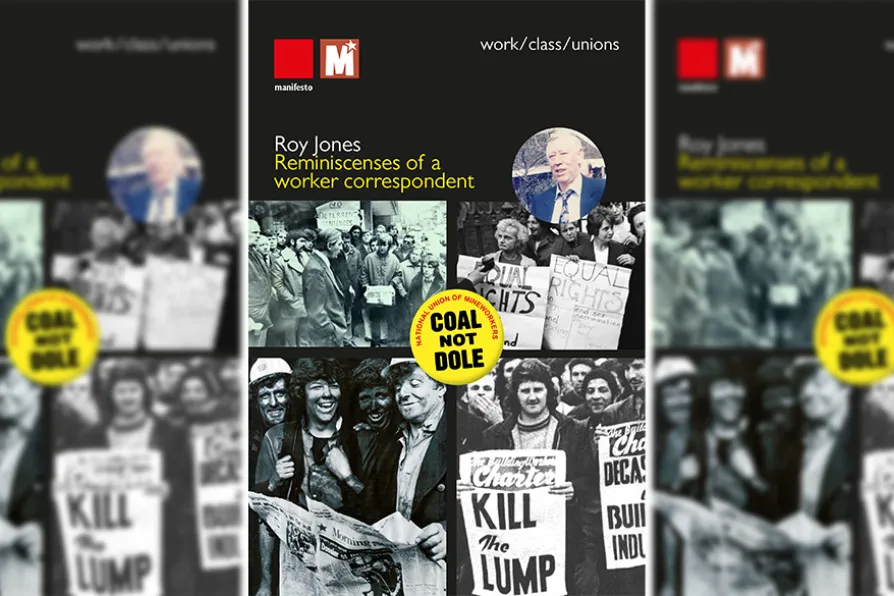This weekend, the NEU holds a special conference to debate changing its approach to organising teaching assistants, which a 2017 TUC agreement forbids. General secretary DANIEL KEBEDE outlines the choices before delegates


NATIONAL SERVICE was for “healthy” males aged 17 to 21 years old who were expected to serve for 18 months under the National Service Act 1948. This was extended later to two years.
In February of 1948, I received my papers and underwent a medical. I passed what seemed like a simple test for what I imagined to be such a serious responsibility.
Then I tore open a finger thus delaying my call-up to August. My mam said she had never seen me move so fast before I took a train to Padgate, Warrington where I became a raw RAF recruit.

Klopp leads tributes as sports world mourns tragic loss of player and his brother

JAN WOOLF finds out where she came from and where she’s going amid Pete Townshend’s tribute to 1970s youth culture

When a couple moves in downstairs, gentrification begins with waffles and coffee, and proceeds via horticultural sabotage to legal action

‘Chance encounters are what keep us going,’ says novelist Haruki Murakami. In Amy, a chance encounter gives fresh perspective to memories of angst, hedonism and a charismatic teenage rebel.










